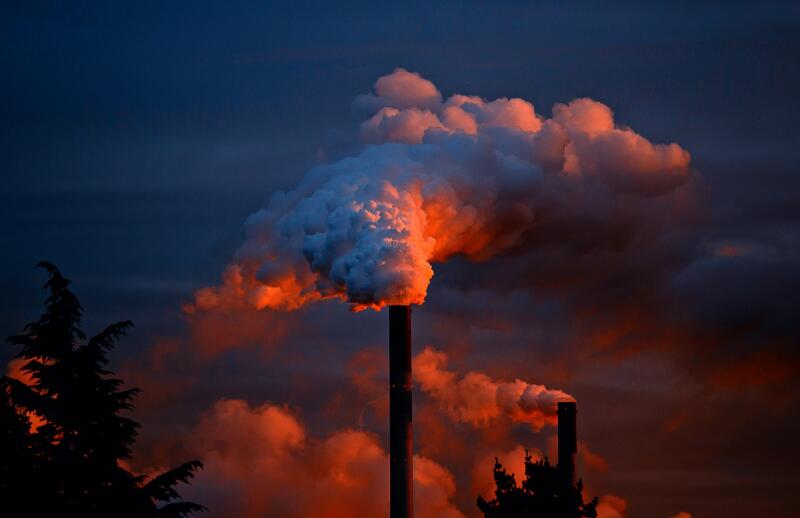
The city of Flint, Michigan received nationwide attention after poisoning its citizens with contaminated drinking water. The majority of the victims are poor, black Americans. It begets a question that we may never incontrovertibly be able to answer: would this have happened if the residents of Flint were white?
The tragedy in Flint can arguably be classified as environmental racism, which is defined as racial discrimination in environmental policymaking and the enforcement of regulations and laws, intentional or not. There have been numerous publicized cases of environmental racism in United States, and most are spurred on by a disregard for human dignity in pursuit of saving money. In the early 1990s, waste companies aggressively sought to purchase federal land on South Dakota Native American reservations because it wasn't subject to strict environmental state regulations, and therefore cheaper for building landfills. Agricultural workers in the United States, the large majority of whom are Mexican, are routinely exposed to harmful pesticides used to maximize profits (shockingly, the average life span of a farm worker is just 49 years). In the case of Flint, emergency managers appointed by Michigan Governor Rick Snyder decided to switch the water supply from Detroit's system to the Flint River in order to cut costs.
Environmental racism is evident on a global scale, as well. Large entities in the western world regularly damage natural environments in developing countries by extracting resources, establishing under-regulated manufacturing plants, or dumping waste. In the early 1990s, then Chief Economist of the World Bank Larry Summers remarked in a private internal memo that the Bank should "be encouraging MORE migration of the dirty industries to the LDCs [Less Developed Countries]." The statement was a shocking reflection of the indifference that many powerful leaders feel towards people distanced or different from them.
 While the average citizen is not directly responsible for these harmful environmental policies, consumer purchasing power does hold a lot of influence in this realm. Through spending habits, you may be unknowingly perpetuating practices that amount to environmental racism. The textile industry, for example, is notorious for polluting areas around manufacturing hot spots, particularly in developing places like India, Bangladesh, and China. These countries' lax regulations make it easier for fashion companies to produce clothes at remarkably low prices.
While the average citizen is not directly responsible for these harmful environmental policies, consumer purchasing power does hold a lot of influence in this realm. Through spending habits, you may be unknowingly perpetuating practices that amount to environmental racism. The textile industry, for example, is notorious for polluting areas around manufacturing hot spots, particularly in developing places like India, Bangladesh, and China. These countries' lax regulations make it easier for fashion companies to produce clothes at remarkably low prices.
The tradeoff? The health of both the environment and the people in these communities suffers dramatically. Unfortunately, the lure of profits outweighs the consciences of giant corporations. When we purchase cheap clothing to satiate our appetite for "fast fashion," we are telling retailers that we value the luxury of cheap clothing over the wellbeing of faraway communities, too.
Taking a stand against environmental racism means denouncing risky ecological practices that may save a few bucks in the short term. No amount of money is worth hurting the health and safety of vulnerable people in America or abroad.
